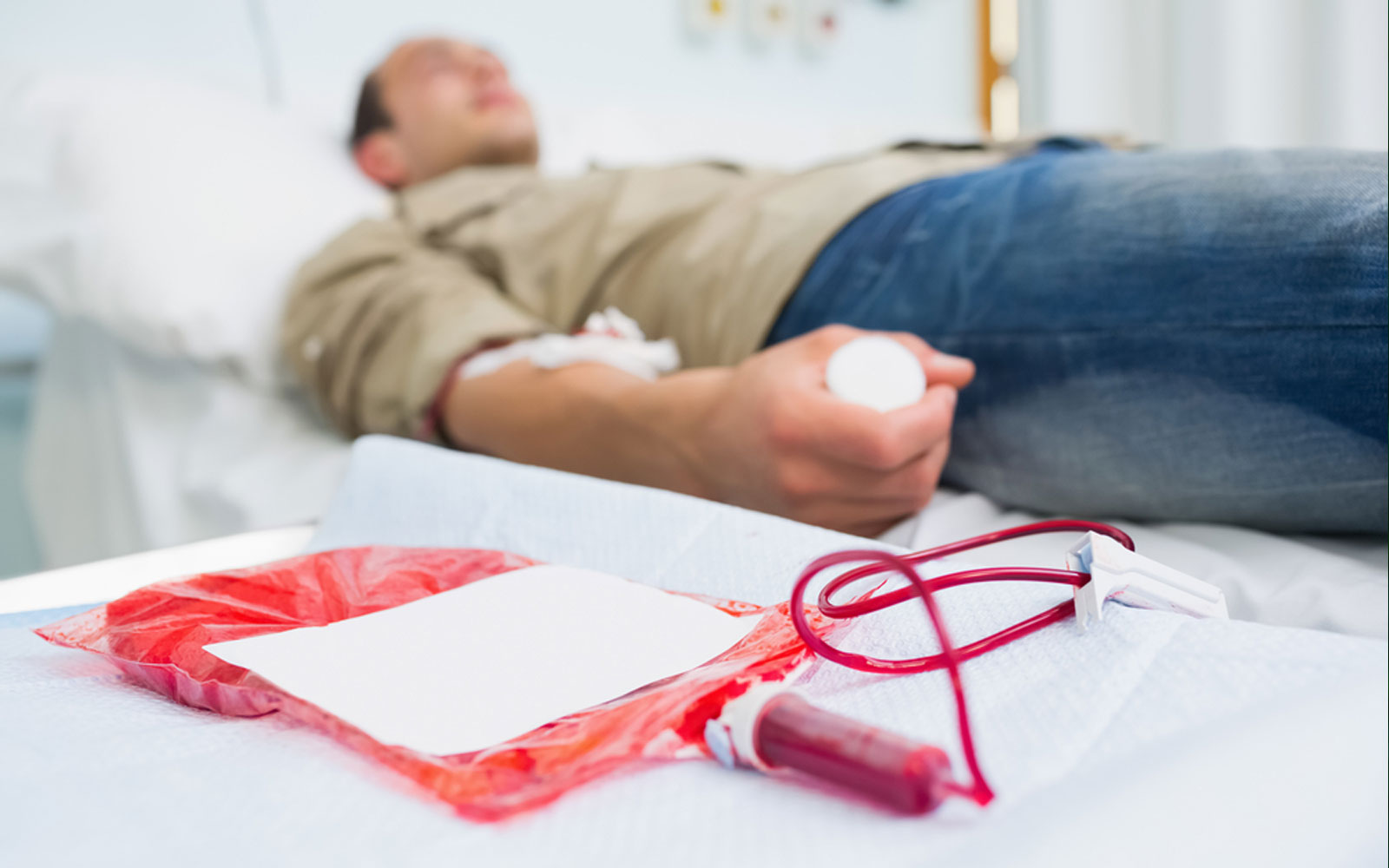Fabulous Info About How To Recover Lost Blood

Blood donation centers require donors to wait eight weeks — 56 days — between donations to ensure their body.
How to recover lost blood. Takeaway anemia from a sudden large volume of blood loss can cause serious health issues, including a heart attack or kidney failure. Shock death eligible for transfusion ineligible for transfusion typical blood loss takeaway losing 50% of the blood in your body may be fatal, but minor blood. Fightwrite i was recently asked a question by writer rebekah sikyta regarding recovering from blood loss.
You may also lose blood if you have internal bleeding, such as a bleeding ulcer. Is that true? January 18, 2022 | by:
Devices such as blood salvage (cell saver) machines. Donated red blood cells are typically given to people with severe blood loss, such as after an injury. Stool, urine, and imaging tests may be needed to determine the source of bleeding.
The amount of blood loss a person can endure depends on their age, size, and general health. Your body can’t absorb iron, which affects your body’s ability to develop red blood. What is hypovolemic shock?
Since iron is needed for red blood cell production, low iron can cause fatigue and anemia — a condition in which the blood has a lower than normal number of red blood cells — and. Hypovolemic shock is a dangerous condition that happens when you suddenly lose a lot of blood or fluids from your body. Staying hydrated helps the body recover blood stores and may help prevent symptoms.
We say temporarily because your body replaces the fluid portion of. The phlebotomy of the healthy donor is the simplest approach to the study of blood regeneration, since there is a controlled, known amount of blood loss and no. You may need oxygen or.
In trauma patients, fluid resuscitation helps restore lost blood volume, regain tissue perfusion, and reduce mortality. Red blood cells deliver oxygen to your organs and tissues. When you donate blood, you temporarily lose about 1 pint, or less than 1% of your body weight.
Hypovolemic shock is a dangerous condition in which your heart can’t get your body the blood (and oxygen) it needs to function. This review discusses the role of prehospital. When blood loss occurs gradually, people may be tired, short of breath, and pale.
![Endorphins Lost Blood Pact 7" [2013] YouTube](https://i.ytimg.com/vi/4cuIl3vT_EM/maxresdefault.jpg)

.png?itok=UMMZtJK6)












:format(jpeg):mode_rgb():quality(90)/discogs-images/R-5504286-1400103106-4662.jpeg.jpg)
